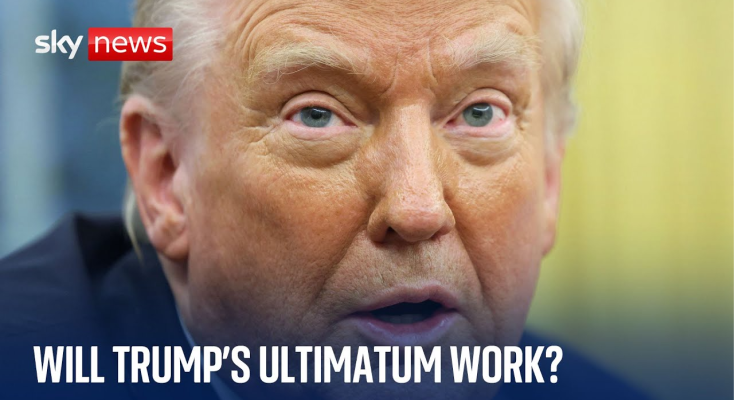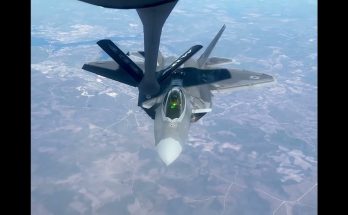The question of whether Hamas will release hostages in response to former President Donald Trump’s ultimatum is complex and uncertain, reflecting broader geopolitical dynamics and the situation in the Middle East. Trump’s recent statement that “all hell” would break loose if Hamas does not release hostages is an example of the rhetoric often used in high-stakes international negotiations, particularly when dealing with groups classified as terrorist organizations, such as Hamas.
Trump’s comments were made in the context of escalating tensions in the region, with Hamas holding a significant number of hostages after its attacks on Israel in October 2023. The former president’s threat, while dramatic, is unlikely to have a direct impact on Hamas’ decision-making, as groups like Hamas often operate on their own terms, influenced more by military, strategic, and ideological considerations than by political rhetoric from foreign leaders.
Hamas, which governs the Gaza Strip and is designated a terrorist organization by Israel, the United States, the European Union, and several other countries, has historically used hostages as leverage in its conflict with Israel. The group’s primary aim remains the assertion of Palestinian political rights and resistance against Israeli policies. As such, hostages are not simply pawns in a negotiation for Hamas; they are part of its broader political and military strategy.
The potential for a hostage release generally hinges on complex negotiations, often mediated by third parties, such as international organizations or regional powers like Egypt and Qatar. Past hostage exchanges have taken place under similar circumstances, with both sides leveraging captives for political gain or to advance military objectives. However, any release would depend on the strategic benefit Hamas perceives in returning hostages. If Hamas sees that releasing captives would secure some of its demands or reduce international pressure without compromising its broader goals, it might consider it. Otherwise, the group may decide to retain the hostages as a bargaining chip.
The geopolitical ramifications of such decisions are significant. Trump’s rhetoric, while commanding attention, does not immediately change the calculus of Hamas or the realities of military engagement in Gaza. The United States, Israel, and other nations involved in the conflict often employ a variety of pressure tactics, including economic sanctions, diplomatic isolation, and military force, to coerce groups like Hamas to comply with international demands. However, any ultimatum that does not involve direct, effective leverage may not yield the desired results.
Ultimately, while Trump’s threat to unleash “all hell” if hostages are not released may attract attention, it is unlikely to directly impact Hamas’ actions. The release of hostages in the Gaza conflict will likely continue to be a product of complex negotiations, with multiple parties involved in trying to secure the safety of civilians caught in the crossfire. The resolution of this issue remains uncertain, as long-term peace and stability in the region depend on the resolution of broader political and military struggles that are not easily swayed by single events or ultimatums.
By Sky News #SkyNews

